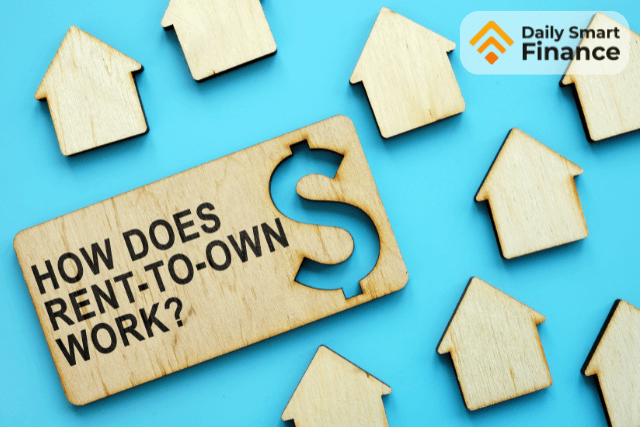Are you in need of a personal loan but have bad credit? Don’t worry, there are still options available for you. In this blog post, we will outline steps that you can take to get a personal loan with bad credit. So regardless of your current credit score, follow these tips and you will be on your way to securing the funding you need.
- Don’t overborrow.
Borrowing money can be helpful when you need to make a large purchase or cover an unexpected expense. However, it’s important to be careful about how much you borrow. Taking on too much debt can put a strain on your finances and make it difficult to meet your monthly payments. It can also negatively impact your credit score, making it harder to get approved for loans in the future. If you’re considering borrowing money, be sure to evaluate your needs and compare different options to find the loan that’s right for you. By taking the time to do your research, you can avoid over-borrowing and keep your finances healthy. When you’re taking out a personal loan, the borrowed amount and repayment timeline will greatly affect your interest rate. So it’s important to choose wisely and not over-borrow. If you have bad credit, you may still be able to get a personal loan by opting for a longer repayment timeline or paying a higher interest rate. Either way, make sure you understand the terms of the loan before signing on the dotted line because it is vital to make an informed decision.
- Start with a local bank or credit union.
If you are considering applying for a loan, you may be unsure of where to begin the process. It’s possible that you believe that the major financial institutions are your only choice, but that’s not always the case. In fact, you might have more success if you start by going to the bank or credit union in your local community. Borrowers who have a previous relationship with one of these institutions typically find that the institution is more willing to work with them. In addition to this, they may provide terms and rates that are more favorable. Before settling on one option, it is imperative to investigate the deals provided by a number of different financial institutions. But if you’re looking for somewhere to get started, the bank or credit union in your community might be a good option for you.
- Cosign if possible.
If at all possible, try to secure a cosigner for your loan. As a result, your interest rate will be lower, and you’ll have a better chance of getting the loan. Not everyone is aware of their situation or willing to lend support in their protection. As a result, you’ll have to do your best to secure the most favorable deal possible. You can ask your family, friends, or coworkers for help if you may want to consider a cosigner and find one. By bridging the gap between those with good credit but no income or those with bad credit but a willingness to repay, it is easier for you to get loans.
- Compare lenders’ rates before choosing one.
It is essential to investigate a variety of lending options and make rate comparisons among them. You can ensure that you are getting the best deal possible by doing things in this way. It is worth noting that the option with the lowest interest rate is not always the best choice. In some cases, it is more beneficial to work with a lender who provides more flexible terms. In the end, the choice that is optimal for your specific requirements is the one that should be made. Therefore, make sure to take your time, conduct thorough research, and pick wisely!
- Before signing, fully understand the loan’s terms.
Before you put your name on the loan agreement, you need to make sure that you have a complete understanding of the terms and conditions that are included in it. Because you do not have access to this information, there is a possibility that you will give your approval to something that is not in your best interests. For instance, some loans have prepayment penalties, which means that you’ll have to pay a fee if you pay off the loan early. This applies to loans that have interest charges. Check that you have a complete understanding of the costs that will be incurred before you agree to anything. In addition to this, it is of the utmost importance to have a solid understanding of the interest rate and how it will influence the payments that you make on a monthly basis. You should not be afraid to ask the lender any questions that may come to mind before you sign the agreement for the loan. If you take the time to fully comprehend the terms of your loan, you can avoid being subjected to any unfavorable surprises in the future.
- Boost your income or save more money for a down payment.
There are a few things you can do to either increase or decrease the amount of money you bring in or save toward the initial deposit on your home loan. One option is to get a second job in addition to the one you already have. This can help you bring in more money on a monthly basis. Another option is to cut back on your spending and then put the money you save into savings. You could also look into getting a personal loan from a financial institution, such as a bank or credit union, to help with the down payment. Before making a decision, make sure you’ve done your research and weighed the pros and cons of a variety of options.
By following these six steps, you can increase your chances of getting approved for a personal loan – even if you have bad credit. So don’t despair, and start taking action today!


